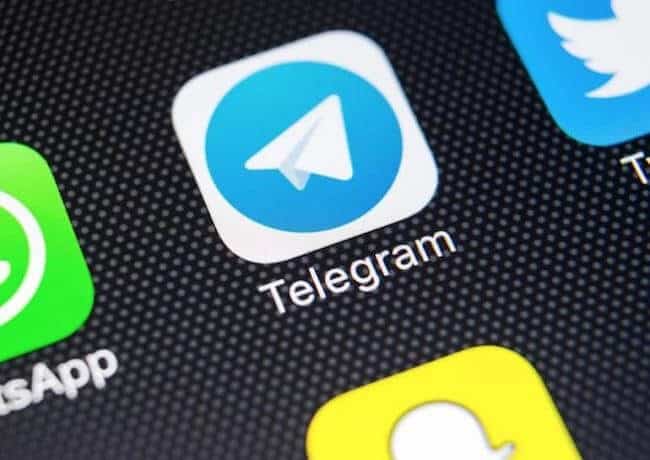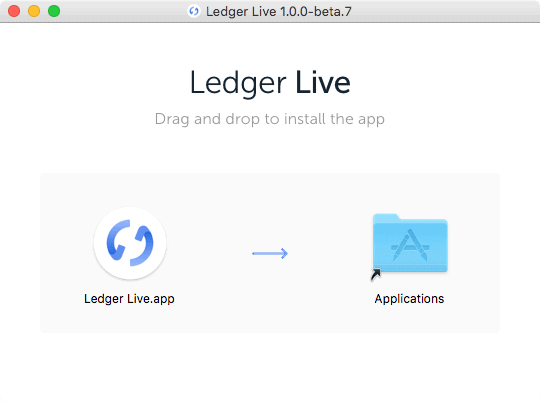Join Our Telegram channel to stay up to date on breaking news coverage
The landmark case between the mobile messaging platform Telegram and the United States Securities and Exchange Commission (SEC) has just gotten a monumental shift, as the presiding court has granted an injunction against Telegram.
In an official filing published yesterday, Judge P. Kevin Castel of the United States District Court for the Southern District of New York, granted the injunction, essentially siding with the SEC. The injunction prevents Telegram from issuing its GRAM tokens at this time.
Telegram’s Token Sale Had a Larger Play
Per the filing, the court explained that the financial watchdog had shown a substantial likelihood of success by providing that the contracts and Initial Coin Offering (ICO) were part of a larger plan to sell GRAM to a secondary market.
“Considering the economic realities under the Howey test, the Court finds that, in the context of that scheme, the resale of Grams into the secondary public market would be an integral part of the sale of securities without a required registration statement,” the judge explained.
The Howey Test is a testing mechanism that the Supreme Court developed to determine whether certain transactions qualify as investment contracts. Telegram raised $1.7 billion from two separate ICOs back in 2018, in a sale where 175 investors purchased a total of 2.9 billion GRAM tokens that they hope to sell for a profit after the token launches.
The GRAMs, as well as the Telegram Open Network (TON) blockchain, were primed for launch last October, until the SEC kiboshed the entire thing based on claims that Telegram had failed to register the tokens or its ICO under the Securities Act of 1934.
As the debacle has continued to spread, the issue of the token sale has also been raised. The SEC had looked to restrict Telegram from launching the tokens, explaining that they’re unregistered and should be kept under lockup. However, the London-based firm explained that the sale was lawful since it had filed a Form D 506(c) Notice of Exempt Offering of Securities before offering the GRAMs to investors.
Telegram Loses Its Fundamental Argument
However, the court noted that the company had intended for the GRAMs to reach the secondary market, pointing out that its sale to the initial purchasers was the first step in a public securities distribution. As such, the company has failed to qualify for the exemption benefit from the registration requirements – under either section 4(a) or Rule 506(c).
The court also rejected Telegram’s claim that the GRAM would become a commodity once actualized. This has been one of Telegram’s major sticking points, with the firm maintaining throughout this legal tussle that its token is, in fact, a commodity – as opposed to the SEC’s claim that the token is a security.
Thus, it doesn’t need to be overseen by the SEC. The court, however, sees things otherwise. The injunction will undoubtedly set back Telegram’s plans, as it would need to wait even longer for a clear resolution if it decides to appeal the ruling at another higher court.
For the SEC, however, things couldn’t be better. For now, it’s all eyes on Telegram to see its next move.
Join Our Telegram channel to stay up to date on breaking news coverage


